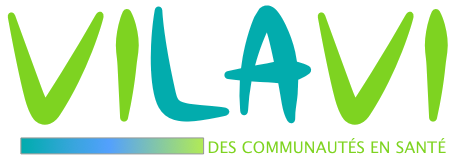The programs’ common framework
While the programs are based on a common community framework, the objectives for the treatment process are individualized. The various steps of this process are as follows:
Intake, Assessment and Referral
Explanation of the program, interviews, medical appraisal and tests (Addiction Severity Index and/or Psychosocial Functioning Scale).
The first contact provides for assessment of the individual’s level of motivation, his ability to undertake and commit to the program and the voluntary, responsible nature of his decision to seek help. Voluntary means that the person is not put under pressure; responsible means that the individual understands the implications of his decision: eg the daily life at the centre and his responsibilities and rights. The first contact also provides for the appropriate, responsible referral of those who may benefit from another program, depending on their needs.
Intake staff must identify precisely the history of drug consumption as well as other factors that may contribute to an overall understanding of the situation, including social factors and physical and mental health. Such biopsychosocial assessment takes into account relational, occupational, physical and psychodynamic aspects of the individual’s situation.
Life in the Community
The treatment program prioritizes the individual’s needs by levels of variable duration for which specific objectives are established. In practice, the duration of the residential phase of treatment usually ranges from 2 to 6 months, depending on the resident’s expectations and needs. Some of the factors that are significant in facilitating the changes one needs to achieve in his/her lifestyle, including the ability to resist drug consumption, are as follows:
- Community life,
- Workshops and training activities (social, recreational, vocational),
- Social reintegration services (in partnership with community-based organizations and public networking)
- Individual counselling,
- Peer support,
- Stress management workshops.
A great deal of emphasis is put on gaining self-reliance and responsibility for one’s personal plan of change. Different activities and responsibilities are established in the residential community in order to help achieve this sense of responsibility. These are summarized as follows:
Day-to-day activities:
- Preparation of meals,
- Environmental up-keep and personal hygiene,
- Gaining respect for others and self-discipline through peer support, daily schedules and diligence.
Organizational abilities:
- Appropriate use of spare time,
- Occupational and financial planning.
Relational abilities:
- Life in the group,
- Significant and positive relationships,
- Reorganizing and re-establishing family relationships.
Developing skills:
- Work and/or studies.
Social reintegration and follow-up
The latter activities constitute the final phase of therapy. They are integral parts of the Vilavi program although they are performed outside of the residential setting. The reintegration team encourages the residents to consolidate their achievements after treatment, continually guiding and nurturing them, in partnership with other, like-minded community organizations. The objective is to provide individualized support (co-operation of outside agencies, relapse prevention and avoidance of high-risk situations, group meetings, telephone contact and other support mechanisms).
